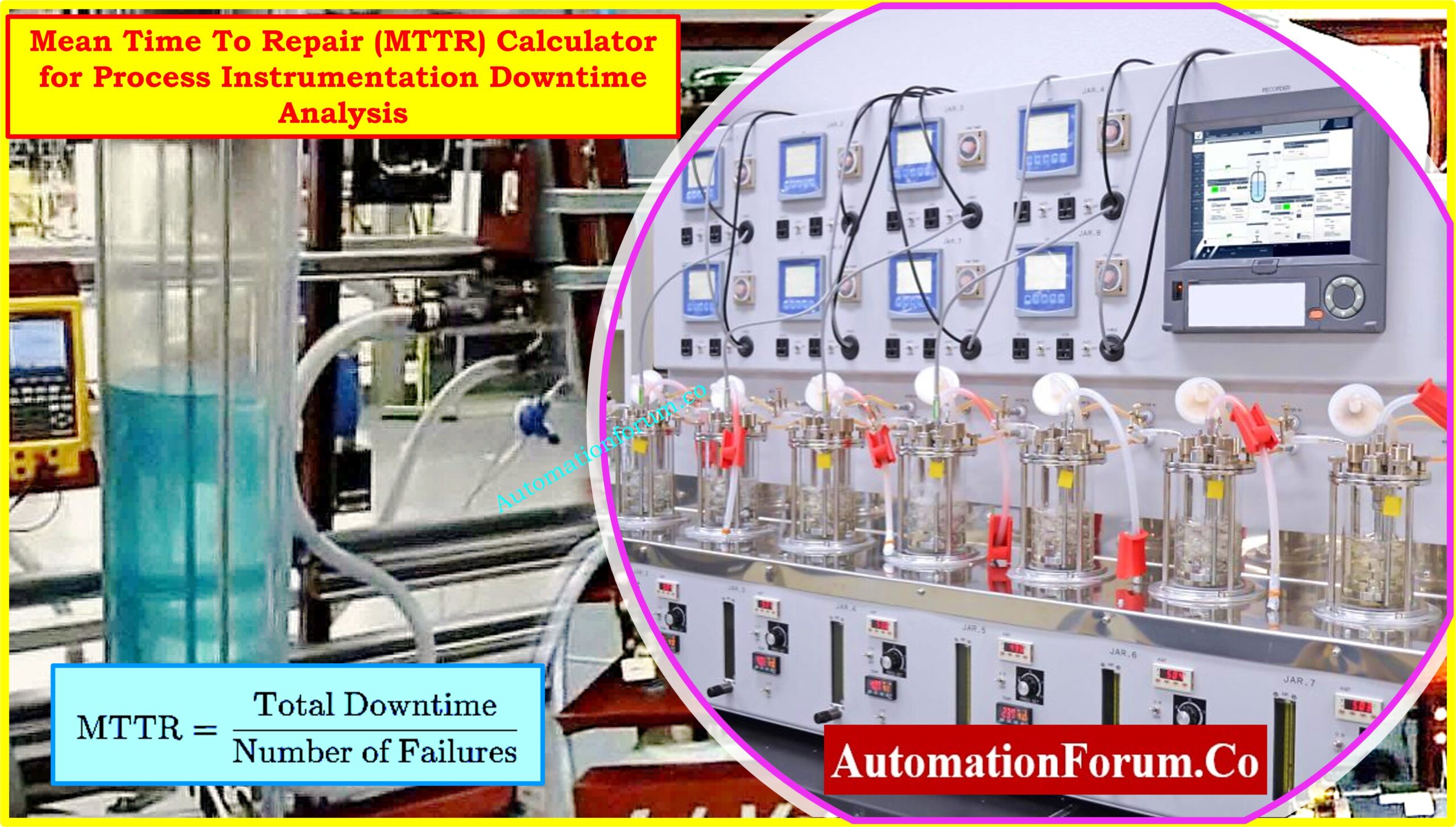Engineers and researchers may precisely and easily convert Slugs per Second (slug/s) to Kilograms per Second (kg/s) with the Mass Flow Rate Conversion Calculator. In aeronautical, mechanical, and defense applications where U.S. customary units are employed but metric systems are favored for modeling, integration, and reporting, this translation is critical.
Definition: Slug per Second (slug/s)
An imperial metric of mass flow rate, slug per second (slug/s) In the British Engineering System, a slug is a unit of mass; 1 slug equals 14.5939 kg. Aerospace engineering, ballistics, and older mechanical systems in the United States mostly use it.
Key Applications of Slug per Second (slug/s):
- Measurement of thrust and propellant flow in rocket systems.
- Mass flow in wind tunnel testing and high-speed aerodynamics.
- Fluid dynamics computations in legacy U.S. military equipment.
- Mechanical and structural modeling systems employing imperial mass.
Definition: Kilograms per Second (kg/s)
The SI unit for mass flow rate is kilograms per second (kg/s). Its interoperability with SI-based instruments, modeling tools, and international standards makes it widely used in industrial, scientific, and automation applications all over.
Key Applications of Kilograms per Second (kg/s):
- Monitoring of fuel and air flow in combustion engines and turbines.
- CFD and process modeling calibration and simulation.
- Control of feed rate in automated production systems.
- Flow control by means of SCADA, PLC, and DCS architectural integration.
Formula for slug/s to kg/s Conversion
The formula below will help you to change Slugs per Second (slug/s) to Kilograms per Second (kg/s):
Flow in kg/s = Flow in slug/s × 14.5939
The factor 14.5939 represents the number of kilograms in one slug.
Example Calculation
Suppose a flow system outputs 3 slug/s. To convert:
3 × 14.5939 = 43.7817 kg/s
So, a mass flow rate of 3 slug/s equals approximately 43.78 kg/s.
Quick Reference Conversion Table
| Slug per Second (slug/s) | Kilograms per Second (kg/s) |
| 1 slug/s | 14.5939 kg/s |
| 2 slug/s | 29.1878 kg/s |
| 3 slug/s | 43.7817 kg/s |
| 5 slug/s | 72.9695 kg/s |
| 10 slug/s | 145.939 kg/s |
| 20 slug/s | 291.878 kg/s |
| 50 slug/s | 729.695 kg/s |
Uses of slug/s to kg/s Conversion
- Conversion Multinational Projects: SI for worldwide cooperation from U.S. conventional units.
- Running simulations with metric-based software like as ANSYS, MATLAB, or COMSOL calls for simulation and modeling.
- Instrumentation Setup: Matches slug-based measurement data to metric calibration criteria.
- Reporting flow in metric units guarantees regulatory and documentation correctness under Standardization and Compliance.
- Engineering Analysis: Aids control design across unit systems and mass balance and thrust computations.
Aerospace professionals, CFD experts, defense contractors, and mechanical design teams operating in unit-diverse settings will find this converter to be quite useful.
Here you can refer more 200+Online Instrumentation Calculators





